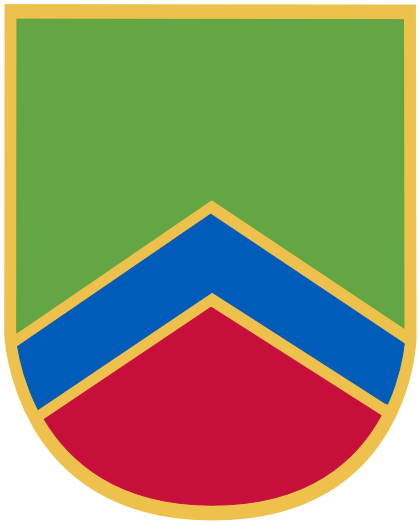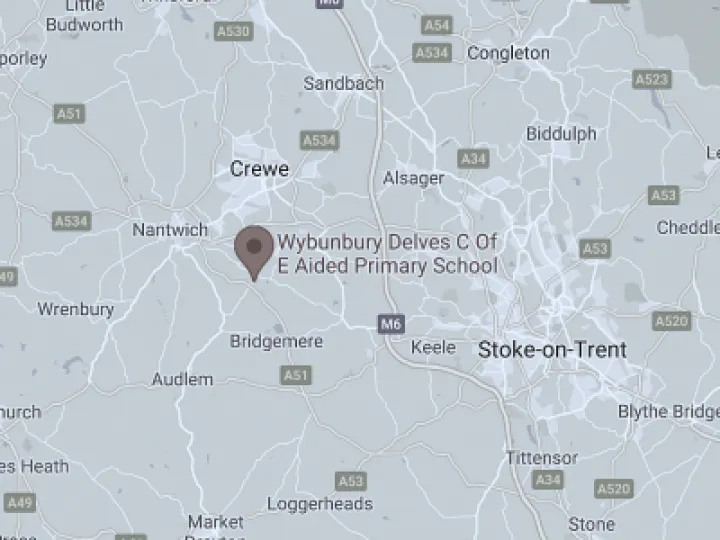Y6 News of the Week 11.6.21
Welcome back Y6 to your final term at Wybunbury Delves. A term that is jam-packed! You have begun this term being as busy as bees and settled back into your learning brilliantly.
In Maths this week we have used practical activities to learn all about the area of different shapes and how to calculate it accurately. Using paper shapes really helped us to understand this concept before tackling any written problems. We used squares, rectangles, parallelograms and triangles when solving area problems. We began by investigating each shape independently and then compared them to the area of a rectangle which we know is length x width. We then used this knowledge to find the formulae for different shapes. We were also introduced to the term perpendicular line and perpendicular height. This helped us to find the base of a triangle and the height of a triangle. We also used right angles to help when calculating the area of some triangles. We ended our week by completing our final arithmetic paper in the form of a SATs paper. Well done Y6 you are all stars.
In English this week we completed our play on words poem and edited it carefully. We then learnt the model text to a new rhyming poem. Using the structure of this poem, we brainstormed verbs and nouns to support our own poem. We decided to use Covid 19 as the stimulus to our own poems. By using rhyming couplets and the structure of the model poem we created the first two paragraphs together. You then went on to complete your poem using your own ideas and what a fantastic job you all did. These poems will now be published in our studywork books alongside our Covid 19 "Giant Dolls House Project." We also managed to squeeze in a handwriting lesson and our final spelling lesson using silent letters.
During Book Club this week we have focused on quiet reading and reading with an adult. Some children have also joined a small comprehension group. We have also enjoyed short readings from our class book.
Our Geography lesson this week focused on how to use basic Ordnance Survey map symbols. We began by drawing a map of a place we knew well. Using our Airserver iPad function, we shared and discussed each other's work by asking questions like – Did you add symbols to your map? Could someone find their way around using your map? We then looked at different symbols and guessed their meanings. Using an activity, we moved our learning on by matching the symbols to the place names. Once we had become more familiar with ordnance survey symbols, we used a small piece of an OS map to identify the ones we knew. Our final activity to consolidate our learning was to take Bill on a journey. We used our activity sheet and symbols to decide the holiday he would enjoy.
During PE by Sportscape this week, we learnt different rugby skills and finished our lesson off with a game. Please note our PE lessons next week will be on Wednesday and Friday. This change is for one week only.
We are creating our own studywork page in Computing which will be about our film on Alan Turing. We used our lesson to think about the different ways we could present our page. We will begin this in our next lesson.
In Music this week, we worked in pairs to research our wartime songs. Our objectives were to find: the composer, who sung each song (looking for the earliest possible singer), the year of release and the theme of each song. We found out that each song had been covered by different artists, so we had to make sure we had found the earliest possible one. Our information will be published in our studywork books.
We put the final touches to our DT project this week. We began our lesson by setting out our poppies alongside our designs. How similar are they? Is there anything you need to add to your poppy or design? Some children then experimented with stitching and leaf different designs. We will evaluate our products next week before presenting them on the front covers of our studywork books.
In RE this week, we were introduced to the question, can a Christian believe in both ideas, Genesis and the Science? We first read a quote by Professor John Polkinghorne a scientist and a priest in the Church of England who said: 'Genesis is not there to give short, technical answers about how the universe began. It gives us the big answer that things exist because of God's will. One can perfectly well believe in the Big Bang but believe in it as the will of God the creator.' We reflected on this quote before watching a video offering another point of view. Rev. Stuart Browning is a scientist-turned-curate with a passion for the Natural Sciences. He offered his thoughts on the relationship between faith and science – in particular the origins of the universe. We ended our lesson by reflecting on the film and its message.
In our Science lesson this week, we considered the idea that exercise, diet and lifestyle are contributing factors to a healthy lifestyle. We began by deciding what the impact of each 'food' on our table (used pictures as Covid restricted foods being brought in) has on the human body. Henry then offered to tell us what he had eaten so far that day and we compared it to what Charley HJ had consumed. We thought about the positives and negatives of each food item and the effects of sugar, salt, fats and water has on the human body. We discussed different vocabulary and decided that the word "balanced" was perhaps the most important. We then completed an activity to consolidate our learning. We used a Venn Diagram and different images regarding lifestyles. We had to consider which of them were necessary for a healthy lifestyle? Which were bad for your health? Once completed we discussed our decisions and gave explanations for our choices. We ended our lesson by discussing a picture of a TV and a necklace and what these items were symbols of. We will continue our learning next week.
We finished our week off with a French lesson. Qui Est-Ce (Who is this?) We used a family tree to repeat this question and drilled the phrase. As a class we practised by answering – Voici mon... We recorded different family members in English and then found the French term. We have recorded these new words on our flipchart ready for our next lesson.
We are all very excited about our Theme Day on Tuesday and we have discussed different outfit ideas with each other. Just a little reminder that party food donations and any cake stands, if you have them, would be very much appreciated. I would like to thank you in advance for supporting our day.
What a huge amount of learning we have managed to complete this week and I am so proud of you all. You have settled to your tasks in a mature way even when we have felt hot and a little uncomfortable. I have thoroughly enjoyed listening to you discuss and explain your learning and come up with ideas to convince and prove. Well done Y6.
Your teacher,
Mrs. B.
Quick Links
Contact Us
office@wybunburydelves.co.uk
01270 841302
Wybunbury Delves
Bridge Street
Wybunbury
Nantwich
CW5 7NE

